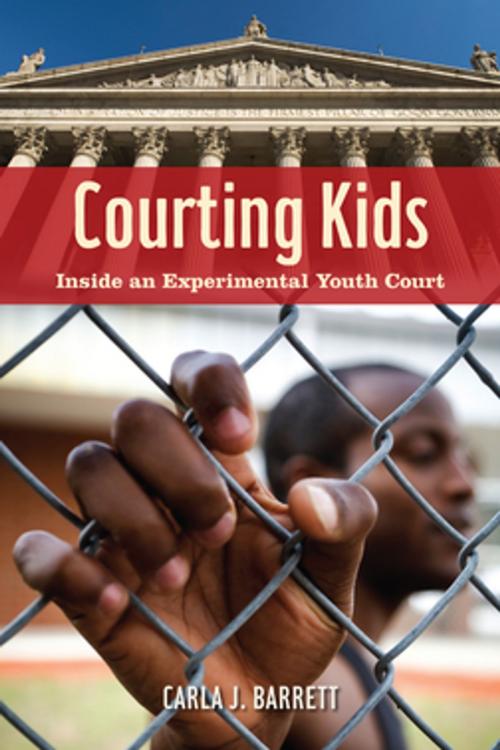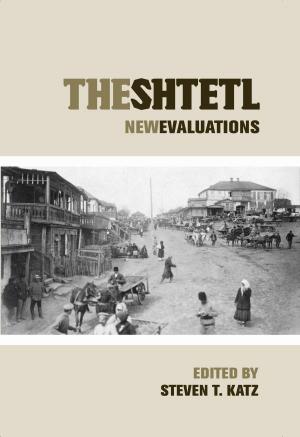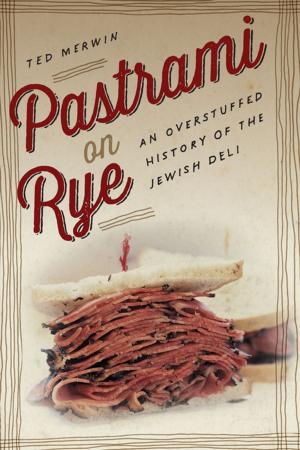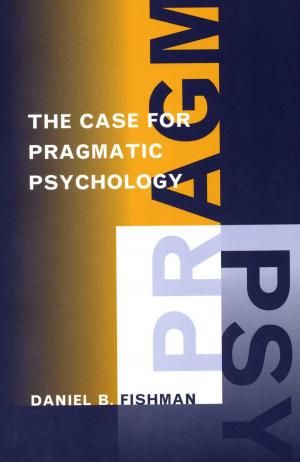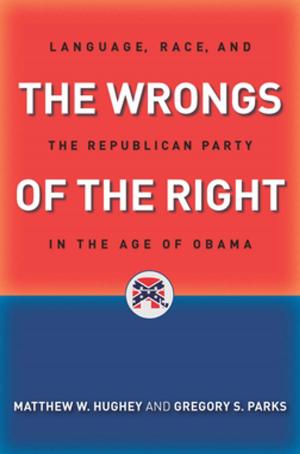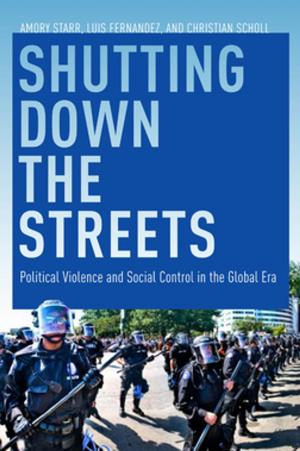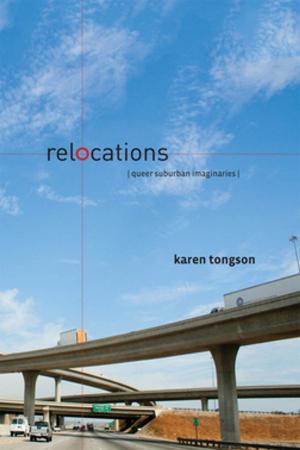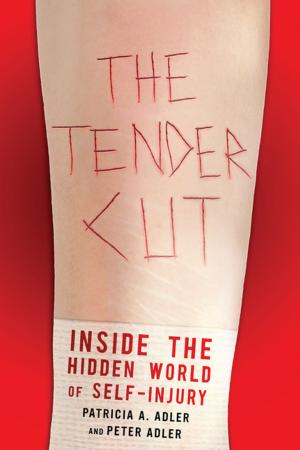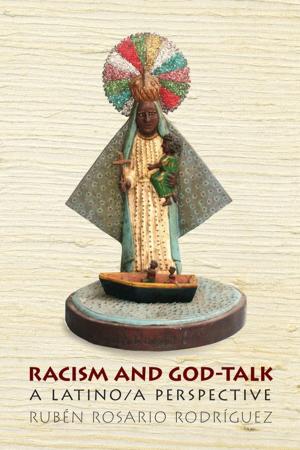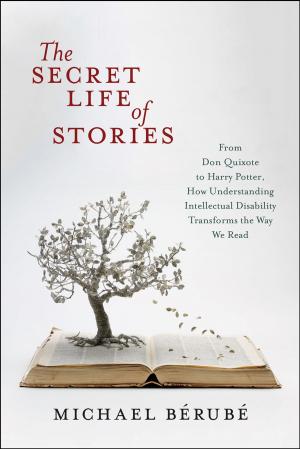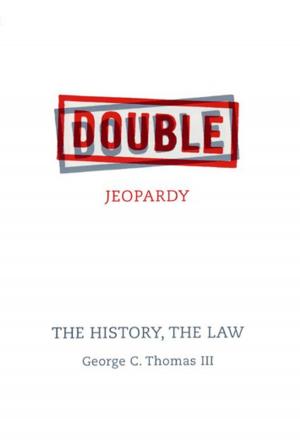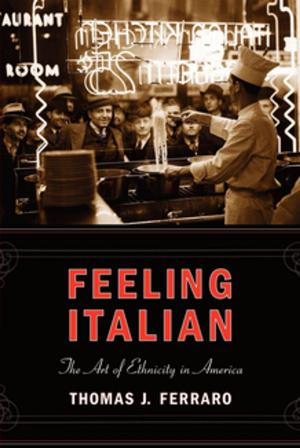Courting Kids
Inside an Experimental Youth Court
Kids, School Tools, Law and Crime, Nonfiction, Reference & Language, Law, Criminal law| Author: | Carla J. Barrett | ISBN: | 9780814789469 |
| Publisher: | NYU Press | Publication: | December 3, 2012 |
| Imprint: | NYU Press | Language: | English |
| Author: | Carla J. Barrett |
| ISBN: | 9780814789469 |
| Publisher: | NYU Press |
| Publication: | December 3, 2012 |
| Imprint: | NYU Press |
| Language: | English |
Despite being labeled as adults, the approximately 200,000 youth under the age of 18 who are now prosecuted as adults each year in criminal court are still adolescents, and the contradiction of their legal labeling creates numerous problems and challenges. In Courting Kids Carla Barrett takes us behind the scenes of a unique judicial experiment called the Manhattan Youth Part, a specialized criminal court set aside for youth prosecuted as adults in New York City. Focusing on the lives of those coming through and working in the courtroom, Barrett’s ethnography is a study of a microcosm that reflects the costs, challenges, and consequences the “tough on crime” age has had, especially for male youth of color. She demonstrates how the court, through creative use of judicial discretion and the cultivation of an innovative courtroom culture, developed a set of strategies for handling “adult-juvenile ” cases that embraced, rather than denied, defendants’ adolescence.
Despite being labeled as adults, the approximately 200,000 youth under the age of 18 who are now prosecuted as adults each year in criminal court are still adolescents, and the contradiction of their legal labeling creates numerous problems and challenges. In Courting Kids Carla Barrett takes us behind the scenes of a unique judicial experiment called the Manhattan Youth Part, a specialized criminal court set aside for youth prosecuted as adults in New York City. Focusing on the lives of those coming through and working in the courtroom, Barrett’s ethnography is a study of a microcosm that reflects the costs, challenges, and consequences the “tough on crime” age has had, especially for male youth of color. She demonstrates how the court, through creative use of judicial discretion and the cultivation of an innovative courtroom culture, developed a set of strategies for handling “adult-juvenile ” cases that embraced, rather than denied, defendants’ adolescence.
